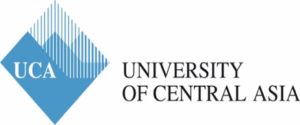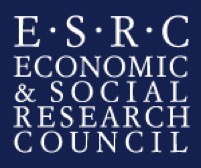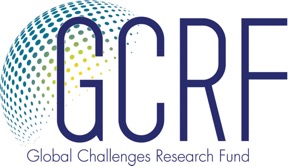This research project launched in September 2018 and concluded in December 2021. The core objective of the project was to understand the nature of conflicts surrounding large-scale infrastructure development and mineral extraction projects in rural Mongolia, Kyrgyzstan and Tajikistan. Based on this research, we aimed to develop an evidence-based framework to enable inclusive and socially and environmentally sensitive infrastructure development especially in the context of planned Chinese infrastructure initiatives in Central Asia. Research was conducted over the course of 2018-2020 focusing on sites in Kyrgyzstan and Mongolia. The project concludes with greater understanding of the complex governance issues and political geographies of infrastructure development and extraction in the region. Please explore our website for further details about the findings and impacts of the project.
With funding from the Economic and Social Research Council (UK) and Global Challenges Research Fund (GCRF) this project was a collaboration between the University of Oxford’s School of Geography and the Environment, the Independent Research Institute of Mongolia (IRIM) and the University of Central Asia.
Learn more about project activities and updates with our final Newsletter:
Newsletter September 2021 in English
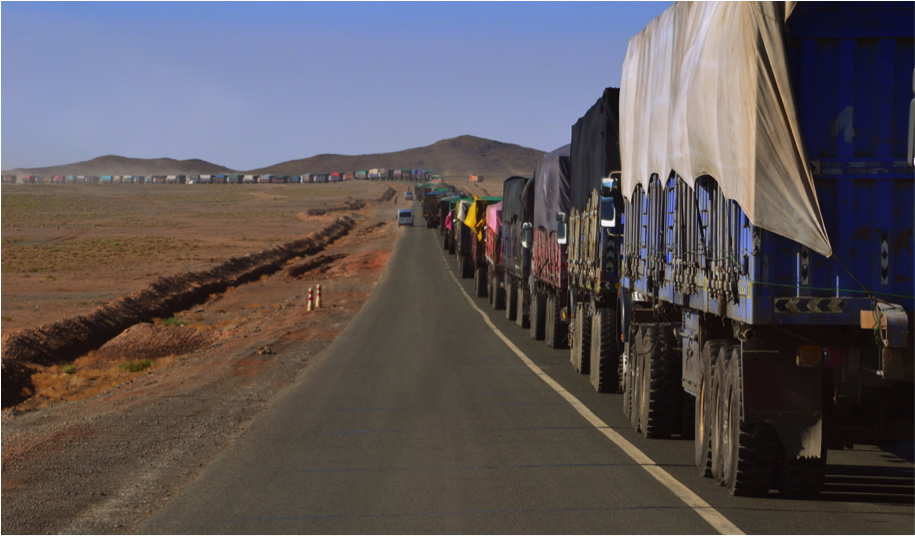
Trucks transporting coal and copper concentrate line up at the Chinese border. This single road is one of the main arteries for transport of raw materials through Khanbogd soum in the South Gobi.
About
While large-scale infrastructure projects represent a key mechanism of economic growth and development, they also bring unintended and negative consequences to local populations and environments. These challenges can be compounded by specific regional contexts. This is the case in contemporary Asia where China’s Belt and Road Initiative (BRI), representing more than £1 trillion in investments, is set to transform societies, economies and landscapes through infrastructure megaprojects.
The speed and scale of Chinese investments present particular social and environmental challenges to China’s neighbouring states in Central Asia. This includes project siting, use of scarce resources such as water, land degradation and risks posed to traditional livelihoods and land access. In addition, these states have limited capacity of national government agencies, historically poor inclusion of local populations in development processes, and fragile, dryland and mountain environments. These challenges result in the need to foster trust, transparency and cooperation between stakeholders to maintain social cohesion and ensure inclusive economic development.
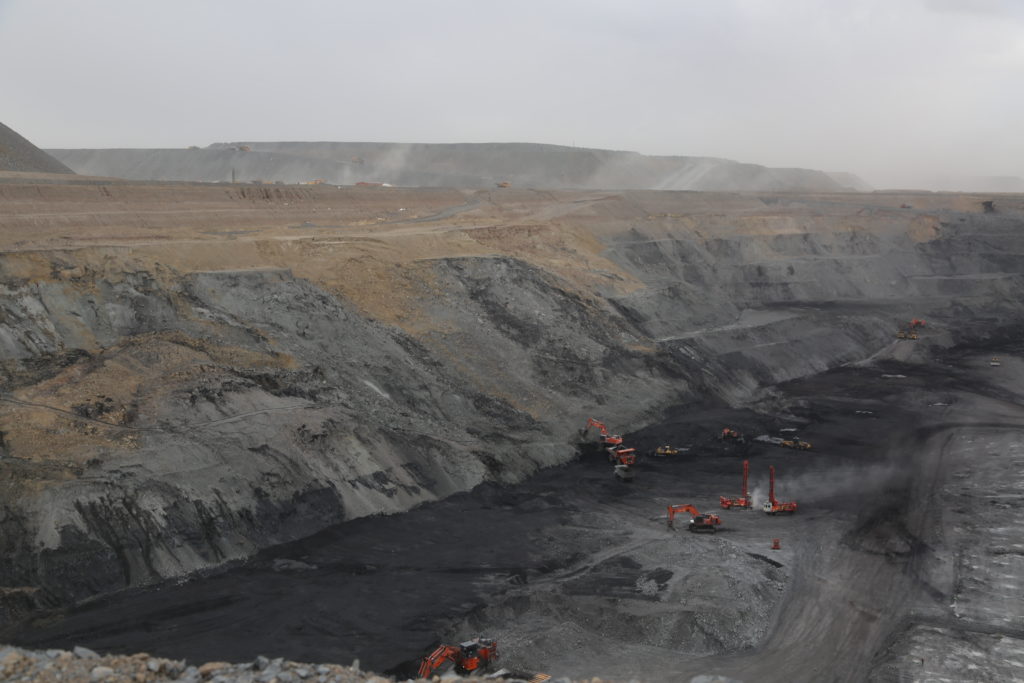
Open pit mining in Gurvantes soum, Mongolia, spring 2019.
This project addresses these needs by focusing research on a pioneering dispute resolution model developed in Mongolia’s mining sector. The ‘Gobi Framework’ will build upon research by team members in 2016-2017 on complaints mediated by the World Bank’s Compliance Advisor Ombudsman in response to conflict over land and water appropriation and degradation at the $12 billion Oyu Tolgoi Mine. This process was led by a multi-stakeholder engagement initiative – Tri-Partite Committee (TPC) – which consisted of local pastoralists, local government and mine management. TPC’s success shows great potential to scale up Mongolia’s example into a replicable model in Central Asia, where there is a cultural and political affinity to Mongolia. The framework will be developed through a mixed-methods and participatory action approach.
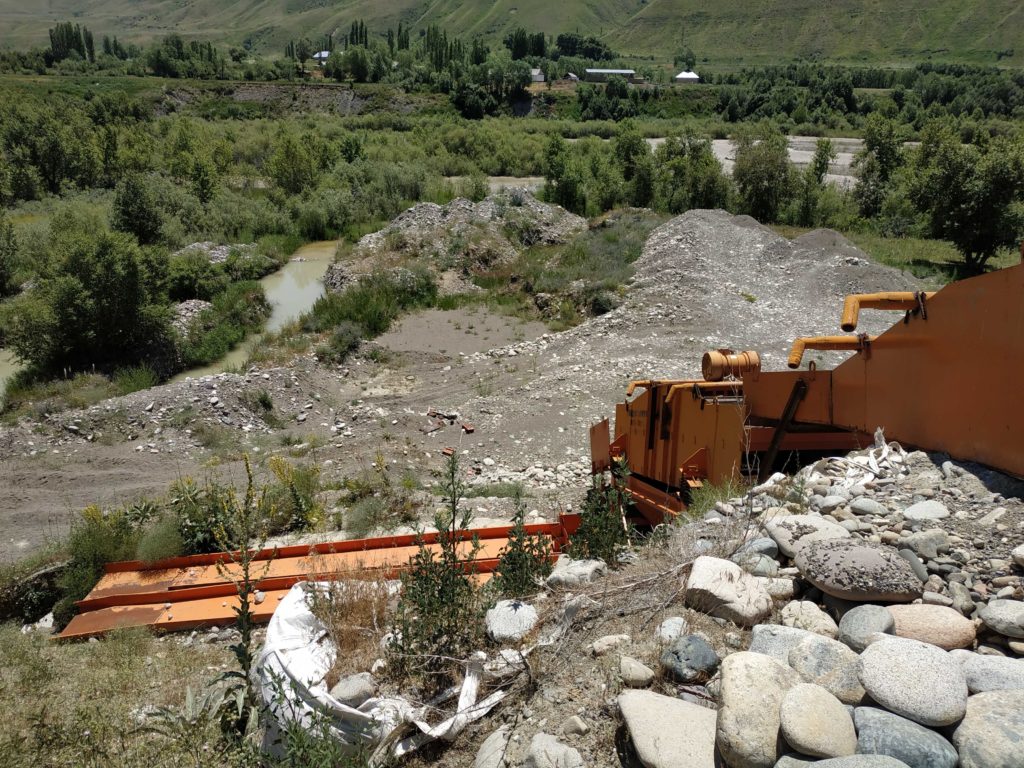
Abandoned mine site, Kyrgyzstan.
The aims of this research were to:
- To develop an innovative mediation framework for sustainable infrastructure development that builds on expertise and praxis from Mongolia’s mining sector and is scalable and replicable across Chinese ‘Belt and Road Initiative’ infrastructure projects in Central Asia and beyond.
- To address the challenge of building relationships of trust, cooperation and transparency between key stakeholders in infrastructure development projects; ensuring that socio-economically marginalized communities and local governance institutions are included as partners in the instigation and implementation of large-scale, foreign-backed infrastructure projects which directly affect their livelihoods, environments and access to land and resources.
- To enhance the capacity of communities and government to maximize economic advantages and minimize negative impacts of major infrastructure projects through robust institutional frameworks for mediation.
Contact:
School of Geography and the Environment |South Parks Road, Oxford OX13QY | www.geog.ox.ac.uk
Key Partner organisations:
- IRIM, Mongolia
- Steps without Borders NGO, Mongolia
- People Centered Conservation NGO, Mongolia
- University of Central Asia (Kyrgyzstan)
Funder
This project was funded by the Economic and Social Research Council (UK) and Global Challenges Research Fund (GCRF). Grant Ref: ES/S000798/1

